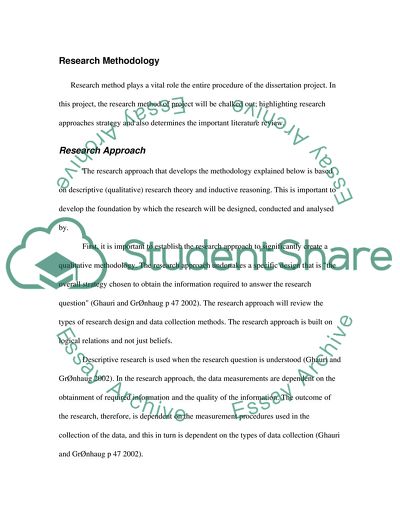Cite this document
(Introduction of E-Banking Service in HSBC Research Paper, n.d.)
Introduction of E-Banking Service in HSBC Research Paper. https://studentshare.org/finance-accounting/1538575-introduction-of-e-banking-service-in-hsbc-plc-bank-and-what-is-its-impact-on-the-functioning-model-of-a-bank
Introduction of E-Banking Service in HSBC Research Paper. https://studentshare.org/finance-accounting/1538575-introduction-of-e-banking-service-in-hsbc-plc-bank-and-what-is-its-impact-on-the-functioning-model-of-a-bank
(Introduction of E-Banking Service in HSBC Research Paper)
Introduction of E-Banking Service in HSBC Research Paper. https://studentshare.org/finance-accounting/1538575-introduction-of-e-banking-service-in-hsbc-plc-bank-and-what-is-its-impact-on-the-functioning-model-of-a-bank.
Introduction of E-Banking Service in HSBC Research Paper. https://studentshare.org/finance-accounting/1538575-introduction-of-e-banking-service-in-hsbc-plc-bank-and-what-is-its-impact-on-the-functioning-model-of-a-bank.
“Introduction of E-Banking Service in HSBC Research Paper”. https://studentshare.org/finance-accounting/1538575-introduction-of-e-banking-service-in-hsbc-plc-bank-and-what-is-its-impact-on-the-functioning-model-of-a-bank.


